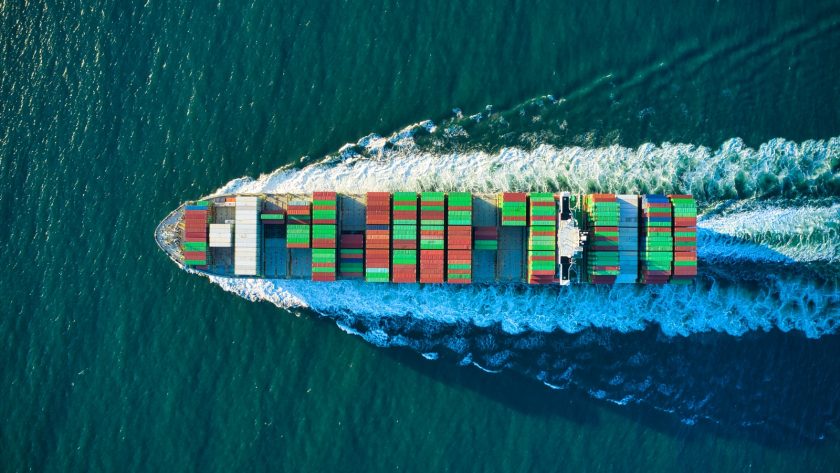The international NGO Aspen Institute facilitates a new coalition called Cargo Owners for Zero-Emission Vessels (COZEV). This group has pledged to gradually switch all their ocean freight to zero-carbon fuel-powered vessels by 2040. Amazon, Brooks Running and Frog Bikes are among the nine initial signatories.
The goal of the coalition is to accelerate decarbonisation in shipping and jointly develop and market carbon-free marine fuels. Global shipping is responsible for nearly 3 percent of world’s CO2 emissions. It accounts for 90 percent of world trade. This sector is under increasing pressure to be cleaner.
“Maritime shipping has been a major contributor to climate change and air pollution for a long time. Attempts to shift away from fossil fuels have met with significant obstacles, including a lack of freight customer demand, which has slowed investment and limited the potential scale of solutions. A group of leaders are changing the conversation by setting an aggressive target today. This is only the beginning. We expect this movement of climate-leading companies will grow quickly. This will enable us to drive economies, innovation, and a surge in confidence among investors, value-chain players that doing the right thing is possible,” said Ingrid Irigoyen (director of the Aspen Institute’s Shipping Decarbonisation Initiative).
Signatories must join forces with other global shippers to accelerate a shift towards zero-emission maritime transport. Shipping is also a significant factor in the Tchibo supply chains. Container ships are used to transport more than 90 percent of non-food products and raw coffee from China to Germany. “This is why Tchibo’s CO2 emissions are so strongly affected by shipping,” explained the German retailer in a press statement.
The United Nations has set a goal to reduce greenhouse gas emissions by 50% from 2008 levels by 2050. There are increasing calls for complete decarbonisation of the industry by 2050. To achieve a 50 percent reduction, it will be necessary to develop zero- or very low-emission fuels as well as new designs for ships.
“The global economy has increased in demand over the past year. However, the public is becoming more aware of the harmful effects shipping emissions have on the environment. “The COZEV network, which is a collaborative effort of maritime freight customers, motivates the rest of the maritime value chains to invest in zero carbon shipping,” said Greg Gershuny (executive director of Aspen Institute’s Energy and Environment Program).
“COZEV is unique in its ability harness the voices of cargo owners to call upon policymakers at all levels to support this vital clean energy transition in shipping. Maritime shipping is vital to global commerce and must be aligned with the Paris Agreement goals. Gershuny summarized that policymakers must take measures to make zero-carbon shipping more competitive with fossil fuels as quickly as possible.”





